Frozen chicken import ban to boost domestic production in Russia
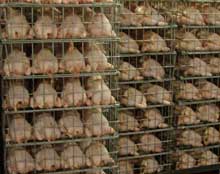
A proposed ban on import of frozen chicken reduces competition for the domestic market and will give boost to the development plan for promoting domestic production.
Speaking at a meeting of the International Agribusiness Service in Moscow, Vladimir Fisinin – chairman of Russia’s poultry-producers union said that Russia can produce 4.5 million tons poultry meat and 50 billion eggs annually.
The poultry industry should not only focus on the domestic market, but should also concentrate on the neighboring countries as well as the European Union. “Russia does have the potential to become a major supplier of these products and not just among developing countries and the Commonwealth of Independent States, but also to Europe” , he said.
The Russian poultry industry is growing at a slow pace with the country producing 2.37 million live-weight tons of meat in 2009, a growth of 14.9% over 2008, while egg production grew by 1.6 billion. However, the processing system lacks maturity and “egg-production itself is not evenly distributed about Russia, which is a cause for concern. The Belgorod region is the production leader, while 32 of Russia’s regions have not been able to get back to 1990s-level output”, he added.
Gennady Onishchenko, the Chairman Rospotrebnadzor said “We have already applied measures and regulations prohibiting the use of frozen poultry in baby food production from the beginning of 2010. Now we agreed to impose this regulation and prohibition on import of frozen chicken”.
However, not everybody seems to agree on a blanket ban. Head of the Executive Committee of the Russian National Meat Association – Sergey Yushin thinks products made of chicken will become expensive. “The average wholesale price of chicken meat has not changed significantly over the year although the December price is up to 72.2 Rubles per kilo from 66 Rubles in September. Frozen chicken meat is cheaper than refrigerated. This means that the ban, which will operate from the beginning of 2011, can also affect the final product, which uses chicken and by all means will positively impact on domestic production development”, he said.
Although import ban stimulates the domestic industry, it reduces competition and provides less choice to the customer, says Fisinin. “I am no fan of talking about a full import ban, as it is a medium that supports competition”, he concluded.
Source: BSR Russia
Join 31,000+ subscribers
Subscribe to our newsletter to stay updated about all the need-to-know content in the poultry sector, three times a week. Beheer
Beheer

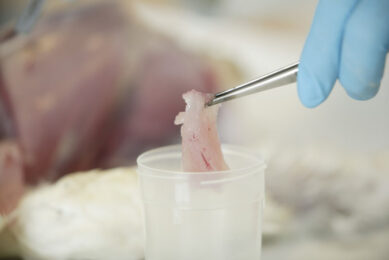
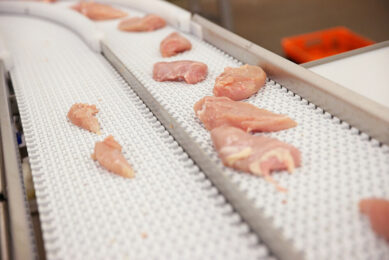
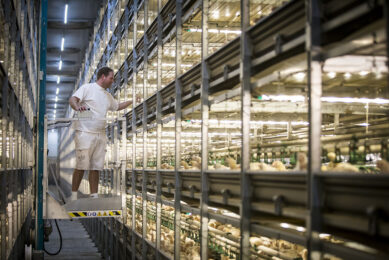
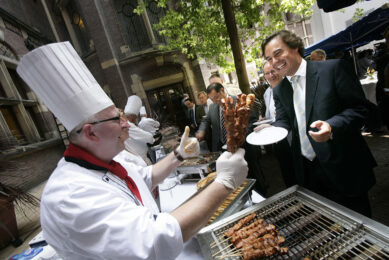



 WP Admin
WP Admin  Bewerk bericht
Bewerk bericht